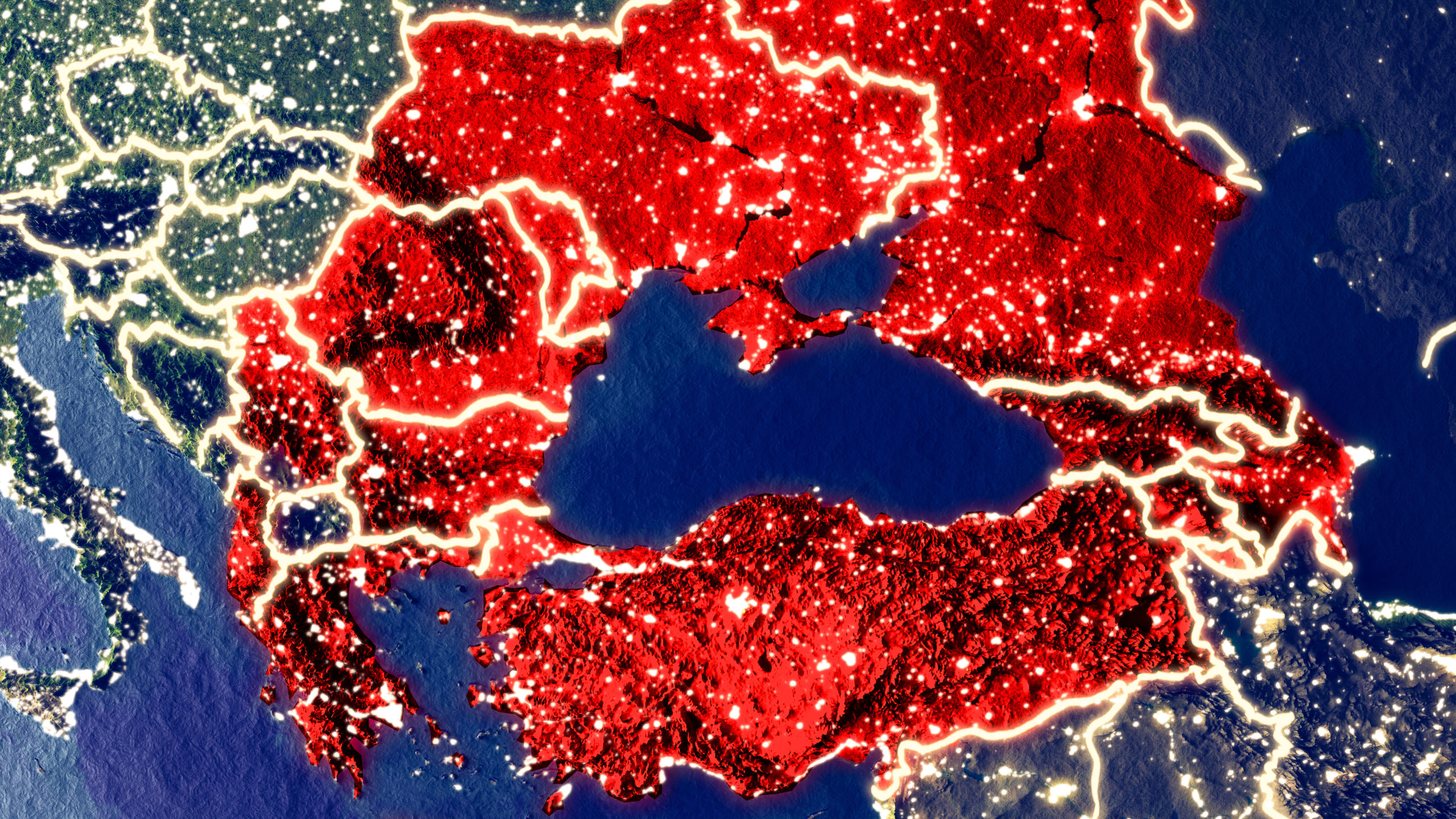The Russian invasion of Ukraine in 2022 has triggered a seismic shift in the European security landscape, compelling NATO and the European Union to reassess and adapt their strategic priorities. The designation of the Black Sea as an area of key security concern by NATO reflects the urgent need for a comprehensive response to Russia’s unprovoked aggression. While the Southeastern flank is now receiving increased attention, the Black Sea region faces challenges in achieving the same level of intra-NATO and regional security cooperation seen in the Baltic Sea.
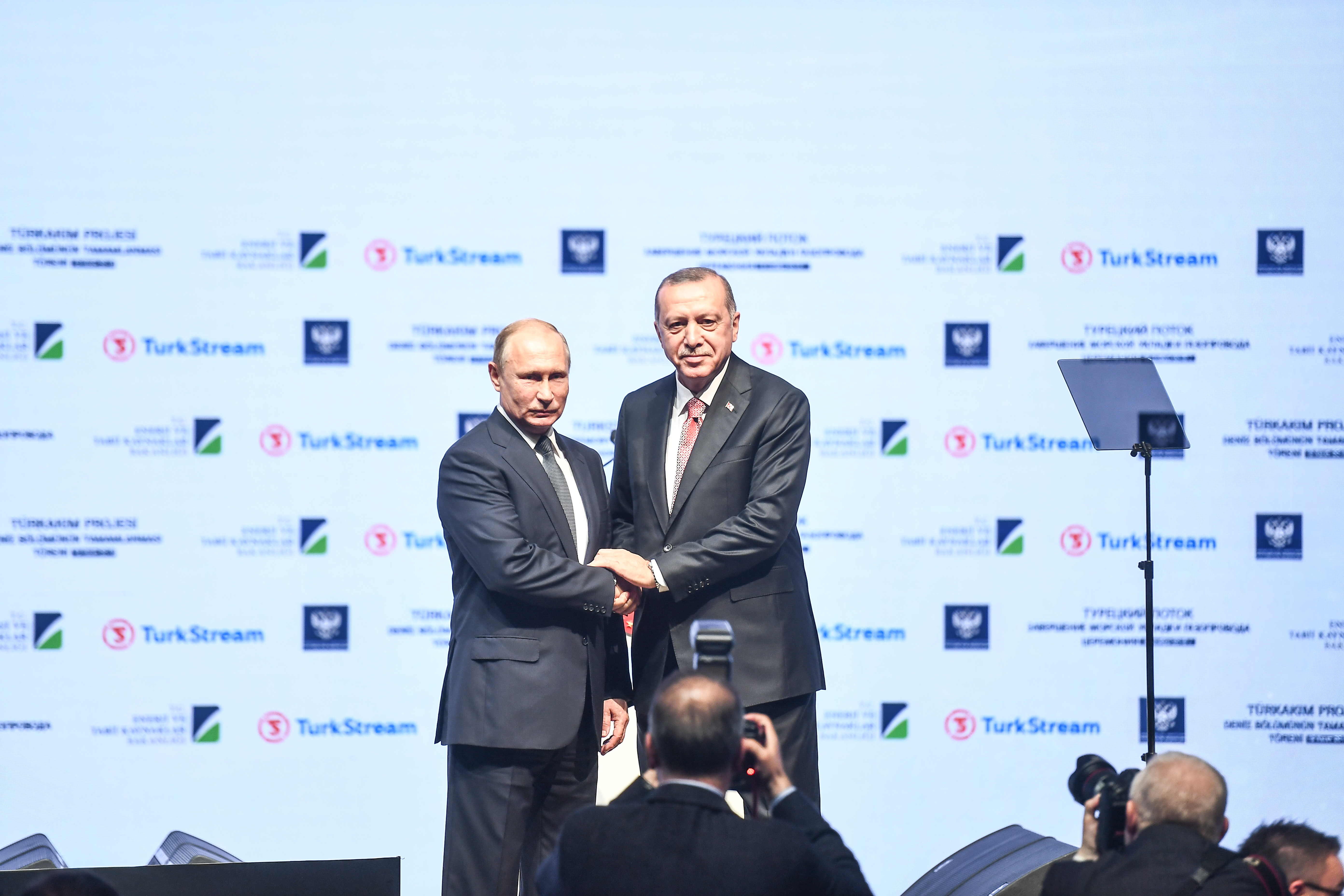
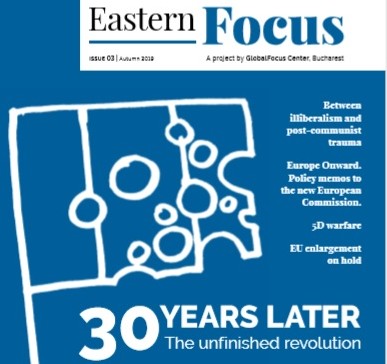
Thirty years after the fall of the Berlin Wall, the state of liberal democracy in the former communist bloc is “probably worse than we hoped but better than we feared”, thinks Thomas Carothers, interviewed in this issue of Eastern Focus. He looks at the good, the bad and the ugly of post-1989 transition and says that three decades later, we are still in an intermediate state.
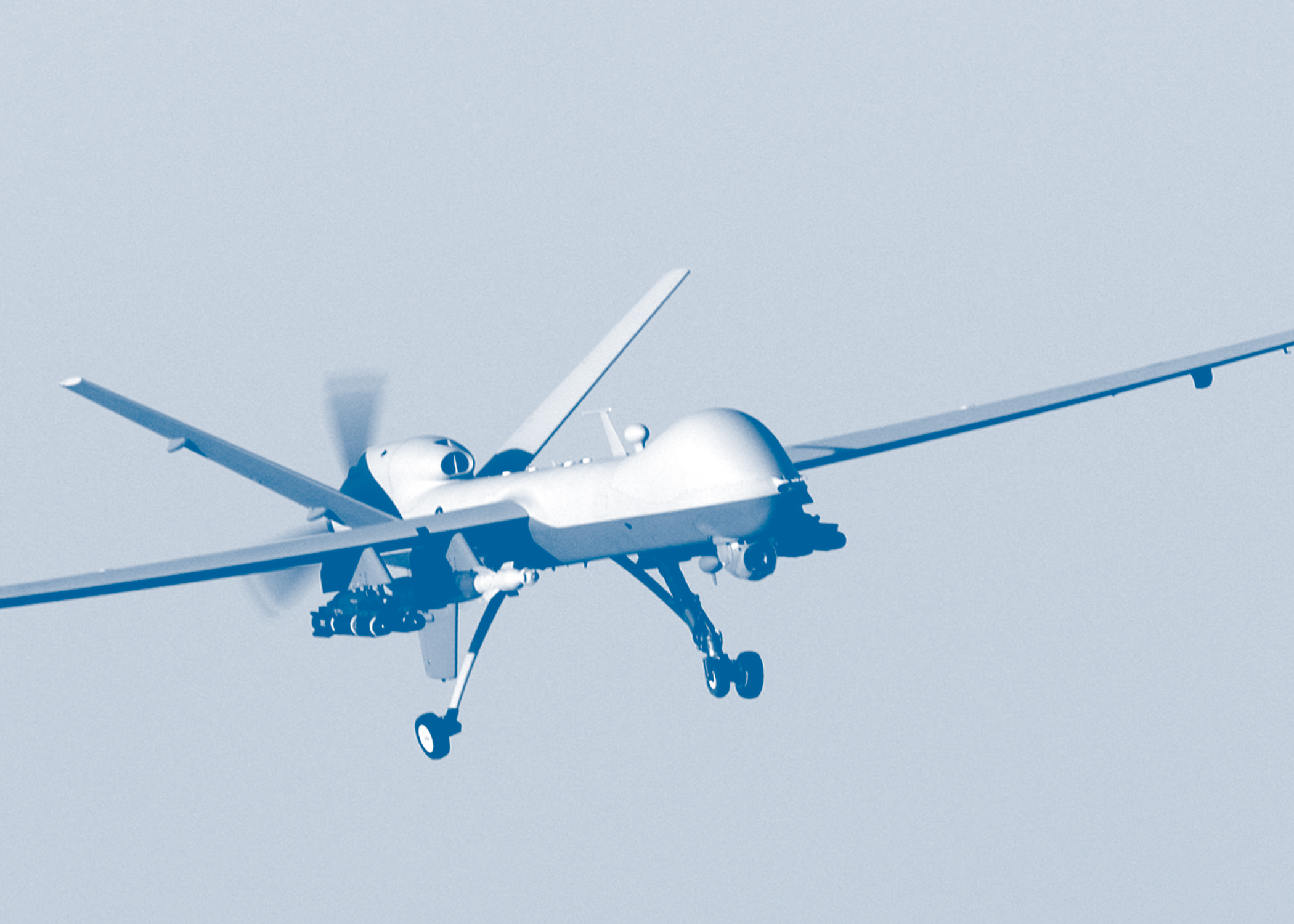
By Alec Bălășescu | Hong Kong
When Iran claimed to have downed a US drone for the first time in 2012, an Iranian friend gifted me a new toy bought in Tehran: a plastic, low quality model of the said drone, bearing on its box the inscription in Farsi and in English: “We will crush Amrican (sic!) hegemony!” My friend commented that if they were to use the same technology that produced the toy, the chances of success would be minimal.

By Owen Alterman | Tel Aviv
May 2019 featured three major European events. One didn’t even take place in Europe. The first happened on May 9, Europe Day, when European leaders gathered for their summit in Sibiu, Romania. The second: the set of European Parliament elections across the 28 European Union member states. And the third major European event of May 2019 was the Eurovision song contest, which took place not in a quaint Transylvanian mountain town or across the villages and downtowns of the Continent or British Isles, but in a convention center on the edge of Tel Aviv, Israel. In the city’s beachside park, some 500,000 people packed the largest Eurovision village in the history of the competition.
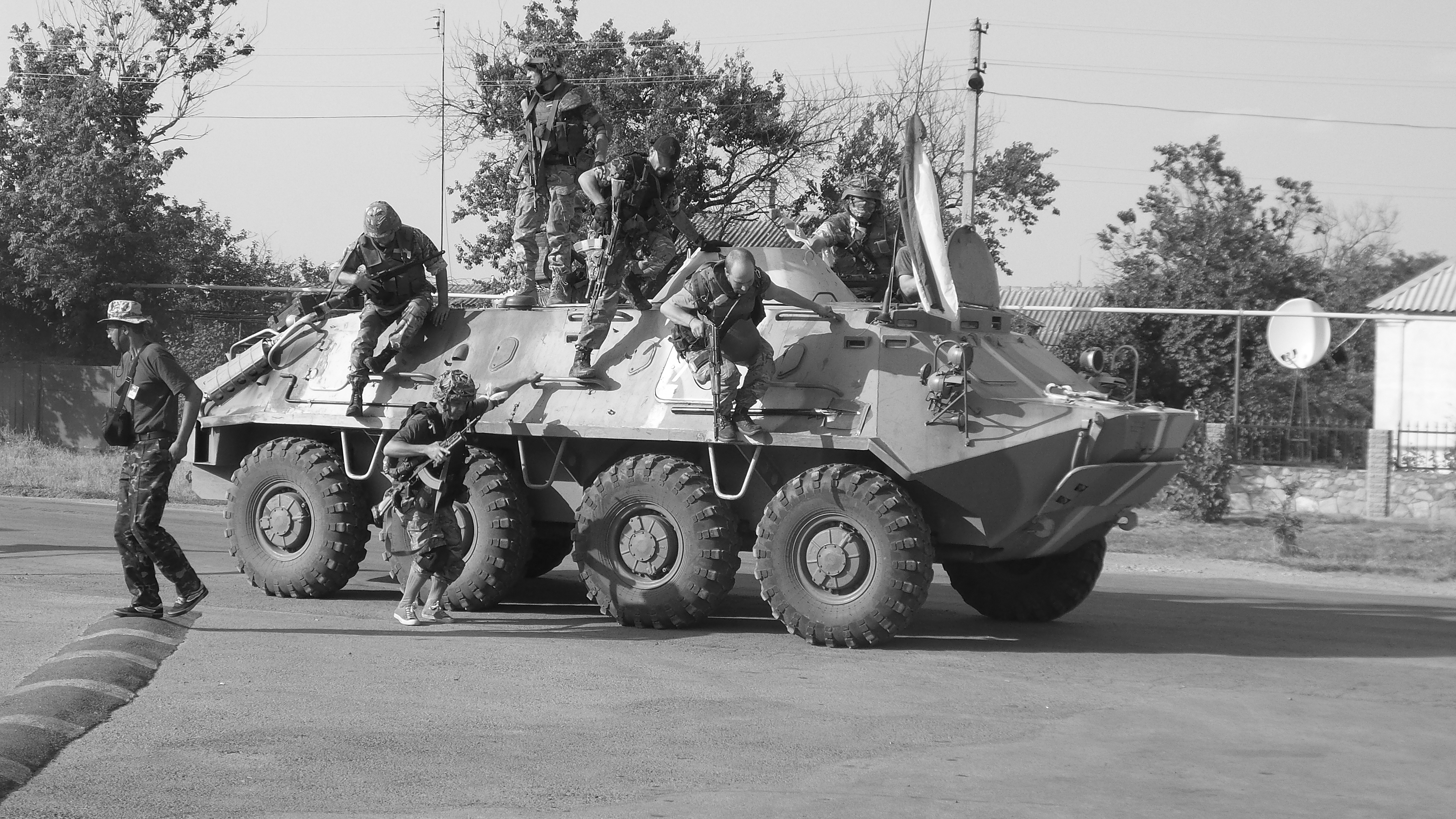
By Mykola Kapitonenko | Kiev
In the pre-election rhetoric used by all the front-runners in Ukraine’s presidential campaign, issues of national security and foreign policy ranked high. The conflict – referred to by many as ‘war’ – with Russia, the question of annexed Crimea, aspirations for NATO and EU membership, became topics of specific concern and points for emotional political discussions. The overwhelming majority of presidential candidates – there were 39 on the list in total – highlighted the restoration of the country’s territorial integrity and moving closer to EU and NATO membership as their foreign and national security policy priorities.

